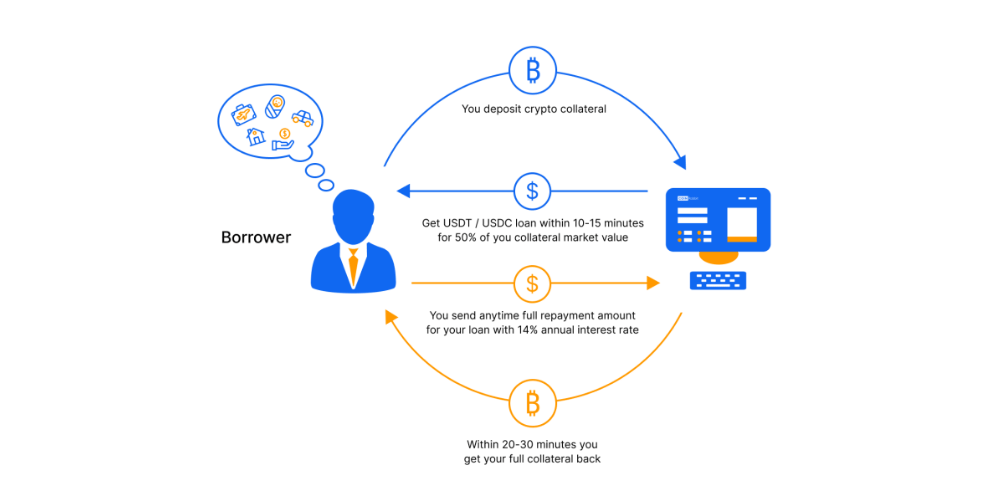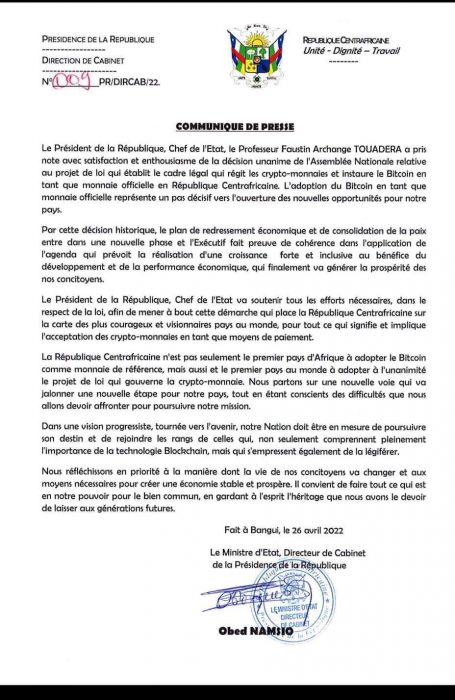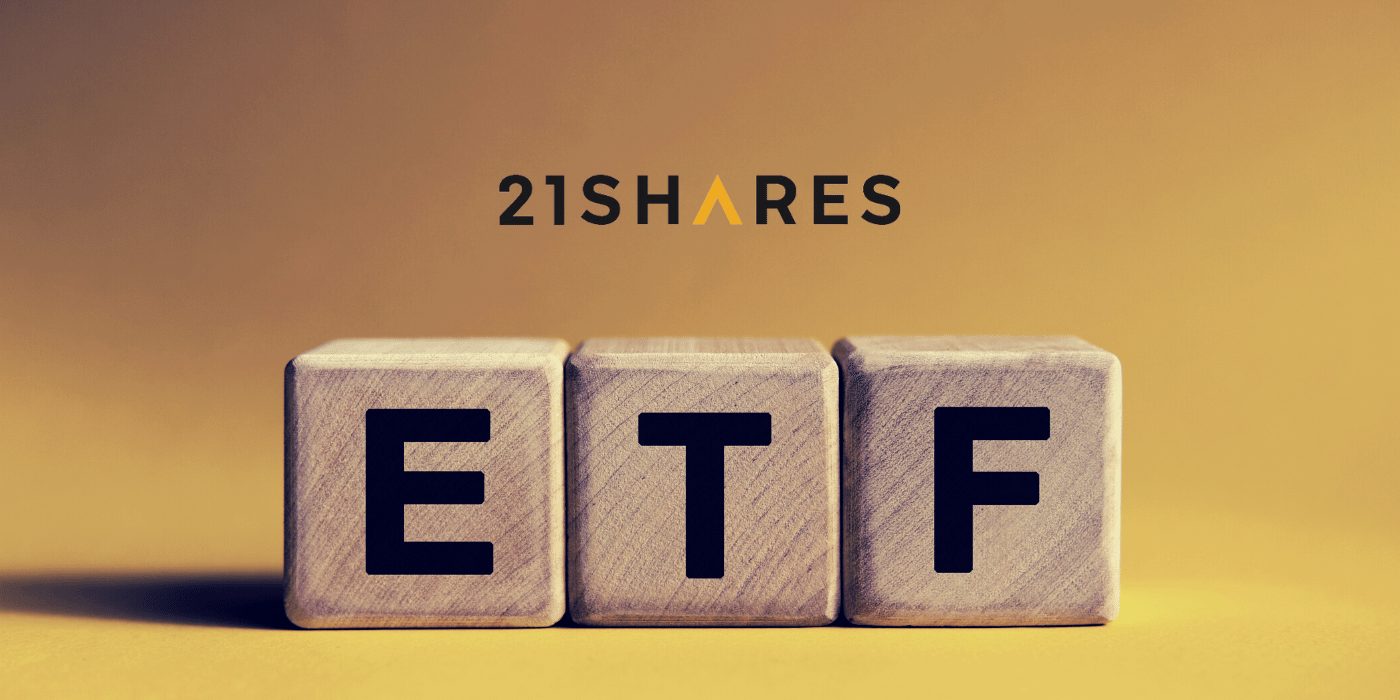Joe Rogan, host of the world’s most popular podcast, is no stranger to alternative perspectives. Despite first hearing about Bitcoin in 2014, he is yet to become a full-blown proponent, though recent signals suggest he is nudging ever closer to becoming “orange-pilled”:
‘Orange-Pilled’?
Becoming “orange-pilled” is to recognise the irredeemable flaws of the debt-based fiat system, central banking and how Bitcoin fixes it. To supporters, the orange pill is a financial off-ramp towards freedom and monetary sovereignty:

The phrase originates from the The Matrix, where Morpheus offers Neo a choice between a red pill or a blue pill:

This is your last chance. After this, there is no turning back. You take the blue pill – the story ends, you wake up in your bed and believe whatever you want to believe. You take the red pill – you stay in Wonderland, and I show you how deep the rabbit hole goes.
Morpheus, The Matrix
Rogan Staring Down the Bitcoin Rabbit Hole
With an average of 11 million downloads per episode, The Joe Rogan Experience (JRE) is one of the more influential sources of media in the world today. Most recently, the show hosted mixed martial arts (MMA) star Khalil Rountree, who shared his “Bitcoin awakening” with the world’s most popular podcaster:
Rountree kicked off by describing his experience at the Bitcoin 2022 Conference, saying that Bitcoin offered hope for humanity and the future. Rogan appeared to agree with the sentiment, likening Bitcoin to the early days of the internet when governments demonstrated an express desire to control it, though in the case of Bitcoin:
They [the government] didn’t see it coming and now it’s a viable form of currency – you can actually buy things with it.
Joe Rogan, JRE
Without explicitly naming them, Rogan then hinted at the risk of CBDCs (central bank digital currencies), explaining that there will be a time when government “limits what you spend your money on”.
Interestingly, Rogan first spoke publicly about Bitcoin with Andreas Antonopoulos in 2016, saying he was “on team Bitcoin”. Despite later arguing it could fail, his most recent pronouncement suggests he is closer than ever to becoming a Bitcoin maxi.
Michael Saylor recognised the significance of Rogan talking about Bitcoin, saying:
Immediately, requests started pouring in for Rogan to host two of the best Bitcoin bulls – Saylor, of MicroStrategy, and Strike chief executive Jack Mallers. Memes starting popping up everywhere, almost willing it into existence:

Rogan is not just a podcaster – he is a cultural phenomenon whose listeners appreciate his intellectual honesty and willingness to engage with new ideas. From an ideological perspective, he has all the makings of a Bitcoiner and appears to be staring straight down the Bitcoin rabbit hole. Was it Canada confiscating its citizens’ assets? Or the realisation that Bitcoin is unseizable digital property?
Either way, it seems likely that sooner or later he will come out as a full-blown Bitcoin bull.


















